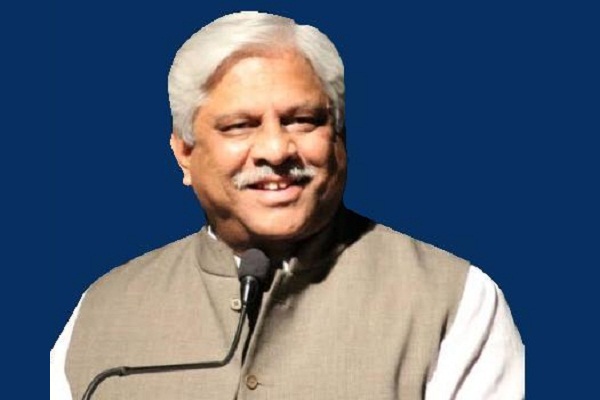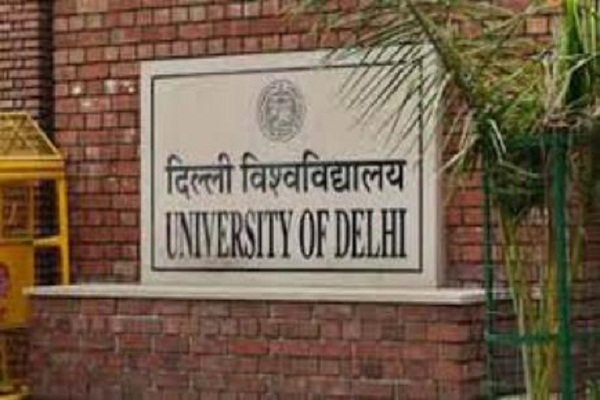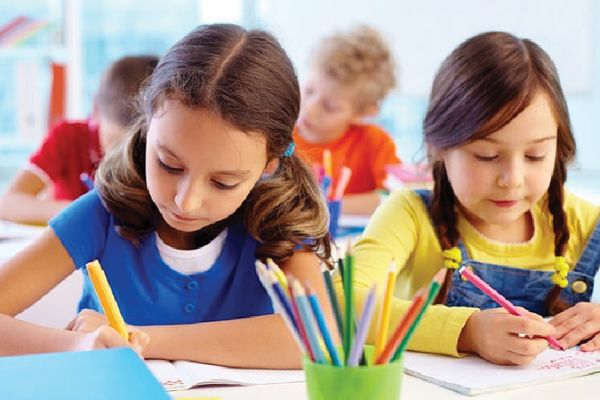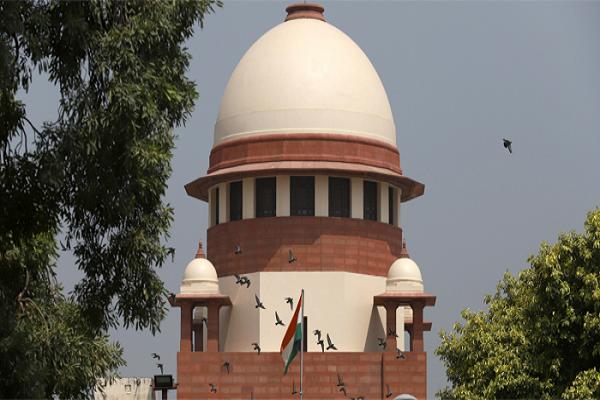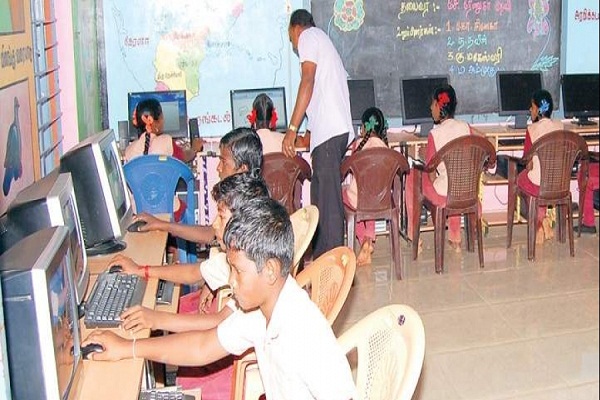The shift from factual learning to learning how to work on projects and better meet the future business environment is an issue frequently raised, providing both a challenge and an opportunity for change. A detail analysis by Pankaj Samantray of Elets News Network.
Broader access to improved education acts as a major catalyst for empowerment, sustained economic growth, overcoming inequality and reducing conflict across the region. Education system fit for the digital revolution is the need of the hour.
The modes of teaching in higher education have drastically changed in last few ysrooms require a shift from a teacher-centered to student-centered environment where the faculty member must take on multiple new roles.
In schools and institutions across the world questions are being asked about how to make education fit for purpose, from both a supply and a demand perspective. On the supply side the problem is around quality and quantity; there is a global shortage of qualified teachers and those who are in the profession are often obliged to deliver an inflexible curriculum with an over-dependency on exams not fit for purpose. On the demand side students are often under qualified in the core social skills required for later life and ill-prepared to adapt to a more flexible and analytical professional environment. The shift from factual learning to learning how to work on projects and better meet the future business environment is an issue frequently raised, providing both a challenge and an opportunity for change.
Also read: School education in India post Covid era
It is no surprise that getting every school, and ideally every child, connected to online resource is a high profile ambition for many. Whether via technology firms like Google and Facebook, or governments investing in fixed and mobile broadband infrastructures, the ability for every child to have access to the world’s information is a pivotal and potentially transformational shift. Yes, some will get left behind at first, but the digital divide will, it is argued, be reduced and sometime in the next decade every school should be connected.
While Internet connectivity has a major role to play, many are also focused on fixing some of the basics, believing that although technology can help improve education it is not a silver bullet. It should be integrated with traditional education techniques which allow young people to develop holistically and become responsible citizens. Moreover, in order to achieve widespread success all teaching approaches have to be sustainable, replicable and scalable.
Foremost in terms of global impact is tacking the access challenge. Improving quality and access to education seen as a common need in many countries and not just developing ones. In several Western countries the imperative to engage more students in better education is seen as pivotal in mitigating the risk of a disenfranchised next generation.
Not surprisingly, the universal support of enhancing female education is growing and getting input from the UN and governments through to foundations and NGOs. The social, economic and political benefits of making sure girls get the same opportunities as boys is driving a host of initiatives. Some are addressing basic needs (making sure that girls make it through secondary education) and this means not just supporting the cultural shift of valuing daughters as much as sons but also in providing sanitation – the lack of toilets is still highlighted as a reason why so many girls stop going to school when they reach puberty. In other areas the net benefit of reducing population growth by delaying the age of having children is seen as a direct linkage from supporting girls in education for longer.
Across most parts of India and Southeast Asia there is a strong movement supporting better access to education as a means of helping to empower and enable people to drive progress. Improving the level to which kids are educated means they become more economically productive and so live better lives, but it can also help societies to have a more informed view and so hopefully reduce conflict and inequality. Within this context, in some regions we also need to address other basics. Inequality in many education systems may continue until common standards are adopted across all schools – both public and private.
The delivery of education also faces upheaval, using practices from outside education to completely revolutionise the experience. If we can give every child access to the best content, whether via a MOOC or curated YouTube videos, then we are no longer dependent on a teacher transferring standardised knowledge in largely the same way as 300 years ago.
For some this becomes an extreme of children being enabled to self-learn, remote from teachers and via peer-to-peer networks, while for others it’s an opportunity to reinvent the way children learn – and how teachers teach, to decouple them from content delivery. If learning can be more projectbased rather than pure content acquisition, then not only are we better prepared for the real world but also the role of teachers changes to being coaches, mentors and catalysts for change. And if everything you need to know will be available online, it is vital that there are ways of filtering and curating this overwhelming wealth of information in a way that is simple, intuitive and valuable – a natural role for teachers. Whether online in the cloud or in schools physically, many see this freeing up of teachers as addressing the supply / demand imbalance. The reality for the next decade will probably be a hybrid of face-to-face and online learning but a change in the nature of education is underway.
Additionally education is thought of as an increasingly non-linear process, as we enter a world where education for many does not stop on graduation but is a life-long activity where skills and knowledge are updated and upgraded both formally and informally throughout a working life. We may also move from placing all the value on IQ to a system that values, EQ and learning from risk taking, innovation and entrepreneurship. If we are to have a smoother transition from education to work, then maybe we need to make education more aligned with the future of work.
In some select schools, new approaches are in development or even in practice, but by 2025 few believe that we will have changed the whole system at a national never mind global level. There will be pockets of innovation around the world testing, enhancing and so proving the new approaches. If we can crack the access challenge and so give every child greater opportunity, then the potential to turn the dial on how and what we learn is certainly on the cards for the next decade.








